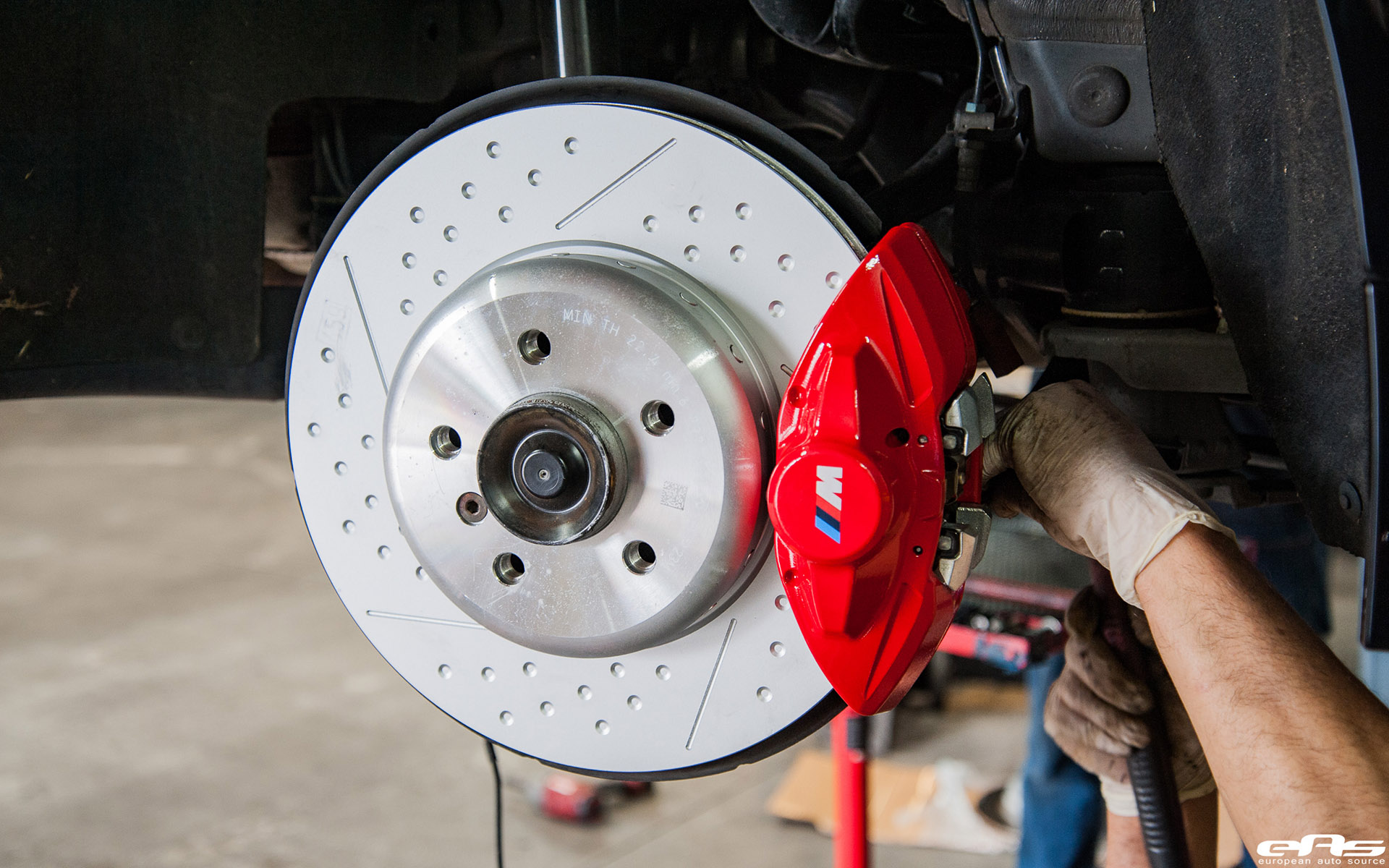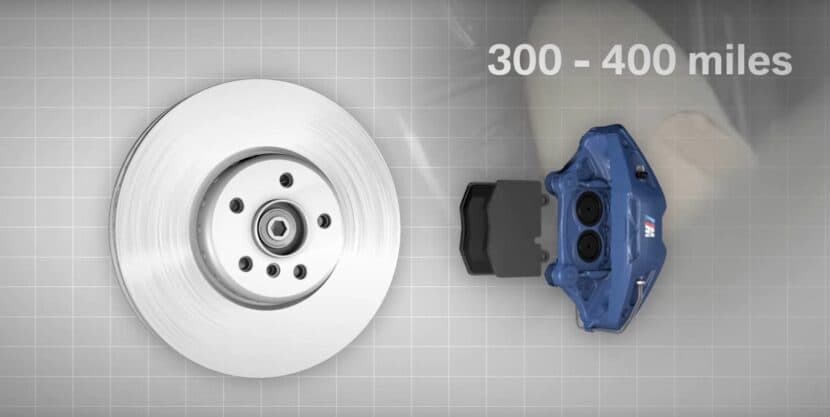Over the years, I’ve seen plenty of people completely ignore the importance of brakes and tires. They weren’t necessarily uninformed, but more along the lines of ‘ignorant’, if you will. Most people tend to focus on the ‘fire power’ and forget about the other essential part about driving a car fast: stopping power. Brakes are extremely important, on any car, but that’s especially true on cars with a sporty pedigree, like BMWs.
The video below tries to summarize the brakes technology in less than six minutes. It’s pretty comprehensive, to be honest, and offers a small insight into how the development process goes. For example, few people know the lengths BMW goes to in order to test them out, including driving cars in extreme weather and at extreme heights.
Next, we are introduced to a few useful tips about how brakes work in general, not only over on BMW products. For example, the advice of taking it easy on your car’s brakes for 300-400 miles after changing the pads is true for any car, not just BMWs.
In the case of Bavarian products, you should know that their pads are using a special compound to try and reduce brake dust as much as possible. That’s not only going to help you keep your wheels clean but also the air that we breathe.
As for the noise coming in from the brakes, it can have various sources. When dealing with new pads or aging ones, sounds can become audible in various situations. Furthermore, depending on the weather outside, the sound the brakes make can vary.
Taking your car for a couple of hot laps around a track will also heat up the discs and lead to a squeaking noise. You don’t need to be alarmed if that happens. However, if your brakes are squeaky all the time, it may be time to change them.






































































